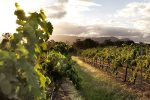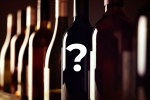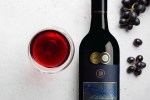Five top tips for ageing wine
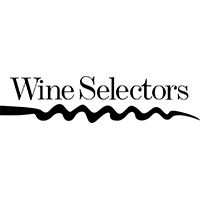
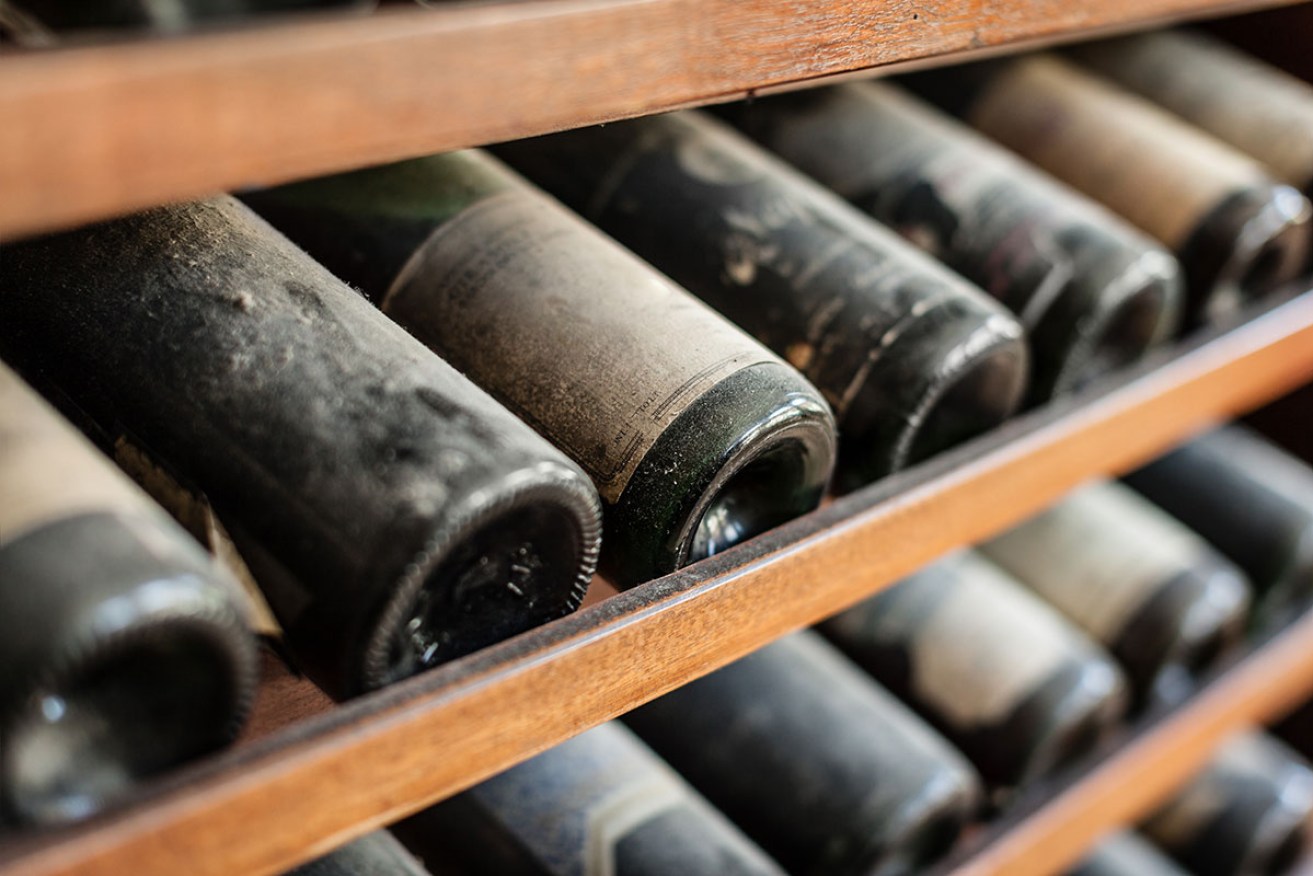
Few things in life will reward your patience more than a beautifully aged wine. Photo: Wine Selectors
If you can resist opening them, certain wines will reward you deliciously with some time spent ageing.
But before you start squirrelling away random bottles under the stairs, it helps to know what to expect, which wines are the best to cellar, and the optimal way to store them so they can age gracefully.
HOW CAN YOU TELL IF A WINE IS WORTH CELLARING?
There are certain characteristics to look out for that will tell you if a wine is worth putting away, including:
• Higher acidity
• Firmer tannins in red wines.
The pedigree of the winery in previous vintages can be a useful indicator as to the suitability of a wine for long-term cellaring.
WHAT HAPPENS TO WINE AS IT AGES?
As a general rule, as they age red wines become lighter in colour, while white wines become darker.
Over time, primary fruit aromas merge into a more complex ‘bouquet’, as secondary characters mingle with the remaining primary fruit characters.
At the same time, those powerful fruity flavours become increasingly intermingled with subtler savoury notes.
Lastly, acidity and tannin levels begin to fall away, softening and integrating with the wine’s other elements.

When cellaring, it’s important to limit exposure to light, warmth, vibration and humidity. Photo: Wine Selectors
THE BEST WAY TO STORE YOUR WINE
The first consideration when ageing wines is storage, to ensure you’re keeping your wine in optimum condition.
Things that can impact negatively on a wine’s development include:
- Exposure to light
- Vibration
- Humidity
- Temperature.
Our suggestion? If a temperature-controlled environment (set at between 12º to 14ºC year-round) or wine cabinet is out of your reach, aim to store your wine somewhere that is at least dry, cool and dark, and away from any appliances or any other source of vibration.
If the bottle has a cork enclosure, remember to lay it flat so that the cork can ‘breathe’, to avoid it shrinking and compromising the quality of the developing wine – unless it’s a Sparkling wine, where the internal pressure within the bottle provides some protection against potential oxygen exposure.
WHICH WINES AGE BEST?
Not all wines age well, and the majority of wine is produced to be enjoyed within 12 to 18 months.
Among the best wines for ageing are some of our most famous region and variety combinations, such as Hunter Valley Semillon, Coonawarra Cabernet Sauvignon, Clare Valley Riesling, Barossa Shiraz, and premium Tasmanian Sparkling.

Premium Tasmanian Sparkling can age superbly when stored with care. Photo: Wine Selectors
Despite what you might think, everyone can enjoy the benefits of cellaring wine.
The most important thing is to have fun as you build your own personal collection – your future self will certainly appreciate your efforts.
For more information on cellaring wine, check out these tips from our friends at Wine Selectors – and happy collecting!
